I have focused a lot recently on the aspects of storytelling like subtext and narrative– the elements which are not committed directly to the page, but are nevertheless understood. There are, to me, the most vital elements, for they transcend the story itself. For the most part, this is a positive thing. Generally, we plan for these things, what we want a story to be, what we want it to say – but there is another side to it.
Just as much can be said by what is not there as what is, and how what is there is treated. I have poked at the notion of “write what you know” before, and this is basically why. We are, obviously, limited in the experiences we have. They are ours, they shape us. But we are not limited to them.
Allow me to speak more plainly: if you are the average white person, and you make no effort to include experiences aside from those of an average white person in your writing, it will really show. Maybe not to me, I am a fairly middle of the road white dude, demographically speaking, and for those of us in that ‘majority’ or whatever, it is very easy to gloss over it. After all, it speaks to us, it is relateable to us.
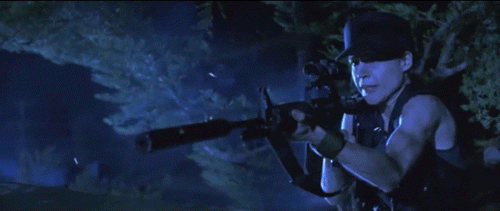 And, frankly, that’s a problem. It’s a problem in publishing. I don’t think the majority of editors and agents primarily accept books from straight, white people (mostly men). I think they read it, relate to it more than the book by the queer person of color, sign off on it and move on. But it comes back to effort. Did you ever read something you really can’t relate to? It is just so alien to your own experience that it makes you uncomfortable? That’s what we do when we make no effort to include other voices.
And, frankly, that’s a problem. It’s a problem in publishing. I don’t think the majority of editors and agents primarily accept books from straight, white people (mostly men). I think they read it, relate to it more than the book by the queer person of color, sign off on it and move on. But it comes back to effort. Did you ever read something you really can’t relate to? It is just so alien to your own experience that it makes you uncomfortable? That’s what we do when we make no effort to include other voices.
There are those who decry this as ‘diversity for diversities sake’. I reject that notion. For one thing, we are richer as a culture with more diversity, even in small increments. And we are going to need all that we can get over the next four years. And secondly, hell, just look at it economically. All it does it open more readers to you, and how is that a bad thing? And if you lose readers who refuse to read you because you make an effort for diversity, well, do you really care?
But there is an inherent danger in just jamming characters in there, and that is again linked to our experiences. We have these narratives in our culture about different races, genders, religions, etc. Please, please, please, stop falling into these. There are any number to pick from, but the Trinity Syndrome/Hyper-competent female sidekick is probably the most common (via this must-read article):

I have covered Leia before, but holy shit when you look at it like that. That’s not even all of them. And you could name ten other ways characters of a certain demographic are consistently handled before you take your next breath. Put some effort in and treat these characters differently. Stop pigeonholing them into the same tired roles. Does it take effort? Yeah, it does. But what in writing doesn’t? But it’s worth it. Maybe it doesn’t make you millions, or get greenlit as a Hollywood blockbuster, but I promise you it is worth it to the person who reads it and has seen nothing but the characters they can relate to marginalized in every work of fiction.
–DESR

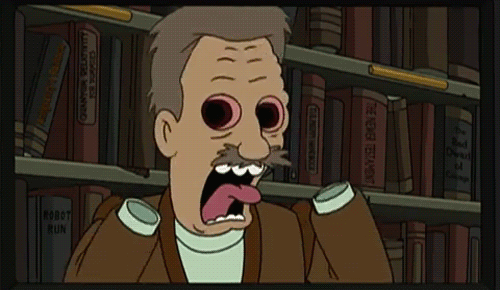
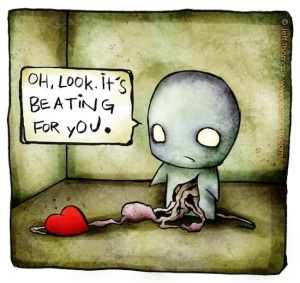 But that is not why people remember Fight Club (it is Brad Pitt’s abs in the movie). Because Fight Club, for being bokers, violent, having memorable lines and the all-time best twist, is memorable because of the ideas it represents. It’s about finding your identity, while also trying to find your place in the world and accept what you can and cannot change. All of that, painted with the brushstrokes of bull-headed masculinity – which, incidentally, is part of the concept and why it works.
But that is not why people remember Fight Club (it is Brad Pitt’s abs in the movie). Because Fight Club, for being bokers, violent, having memorable lines and the all-time best twist, is memorable because of the ideas it represents. It’s about finding your identity, while also trying to find your place in the world and accept what you can and cannot change. All of that, painted with the brushstrokes of bull-headed masculinity – which, incidentally, is part of the concept and why it works.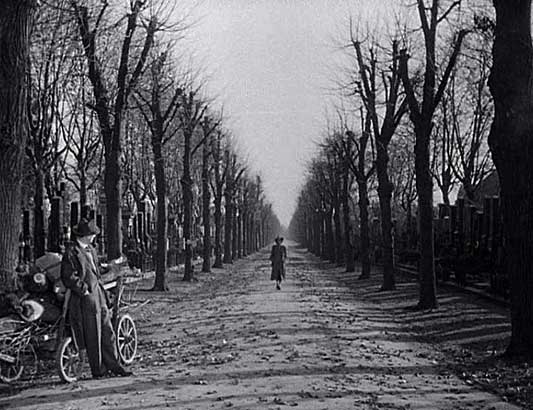
 He wears a hat with bells – in Victorian times, bells were put on bodies being buried (or even atop their graves) to prevent burial of people who weren’t actually dead and were just in a coma. Fortunato’s hat, however, provides him no such favors, jingling away, the only one to hear being his murdered.
He wears a hat with bells – in Victorian times, bells were put on bodies being buried (or even atop their graves) to prevent burial of people who weren’t actually dead and were just in a coma. Fortunato’s hat, however, provides him no such favors, jingling away, the only one to hear being his murdered.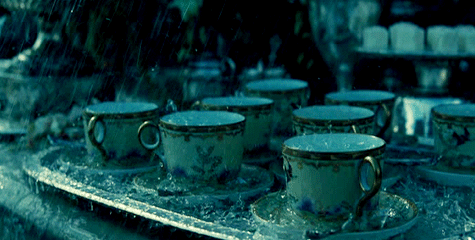

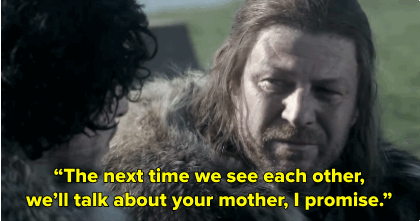 Sorry, no. A couple things: First, no. It’s lazy. Sure, a significant other or child being brutalized would set me on a path to revenge, but it’s still distasteful. Does that mean it should never be done? Of course not- there are plenty of examples of good literature that include those elements. But it is lazy writing. Because of the emotional punch that the reader receives by empathizing with the protagonist, it elicits a reaction.
Sorry, no. A couple things: First, no. It’s lazy. Sure, a significant other or child being brutalized would set me on a path to revenge, but it’s still distasteful. Does that mean it should never be done? Of course not- there are plenty of examples of good literature that include those elements. But it is lazy writing. Because of the emotional punch that the reader receives by empathizing with the protagonist, it elicits a reaction.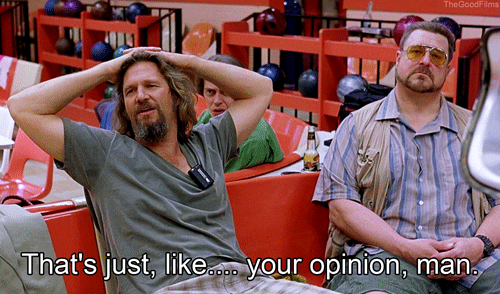
 Not romance novels, because I have exactly zero expertise in that arena, but romance in fiction in general. Io9 had a great post on the
Not romance novels, because I have exactly zero expertise in that arena, but romance in fiction in general. Io9 had a great post on the